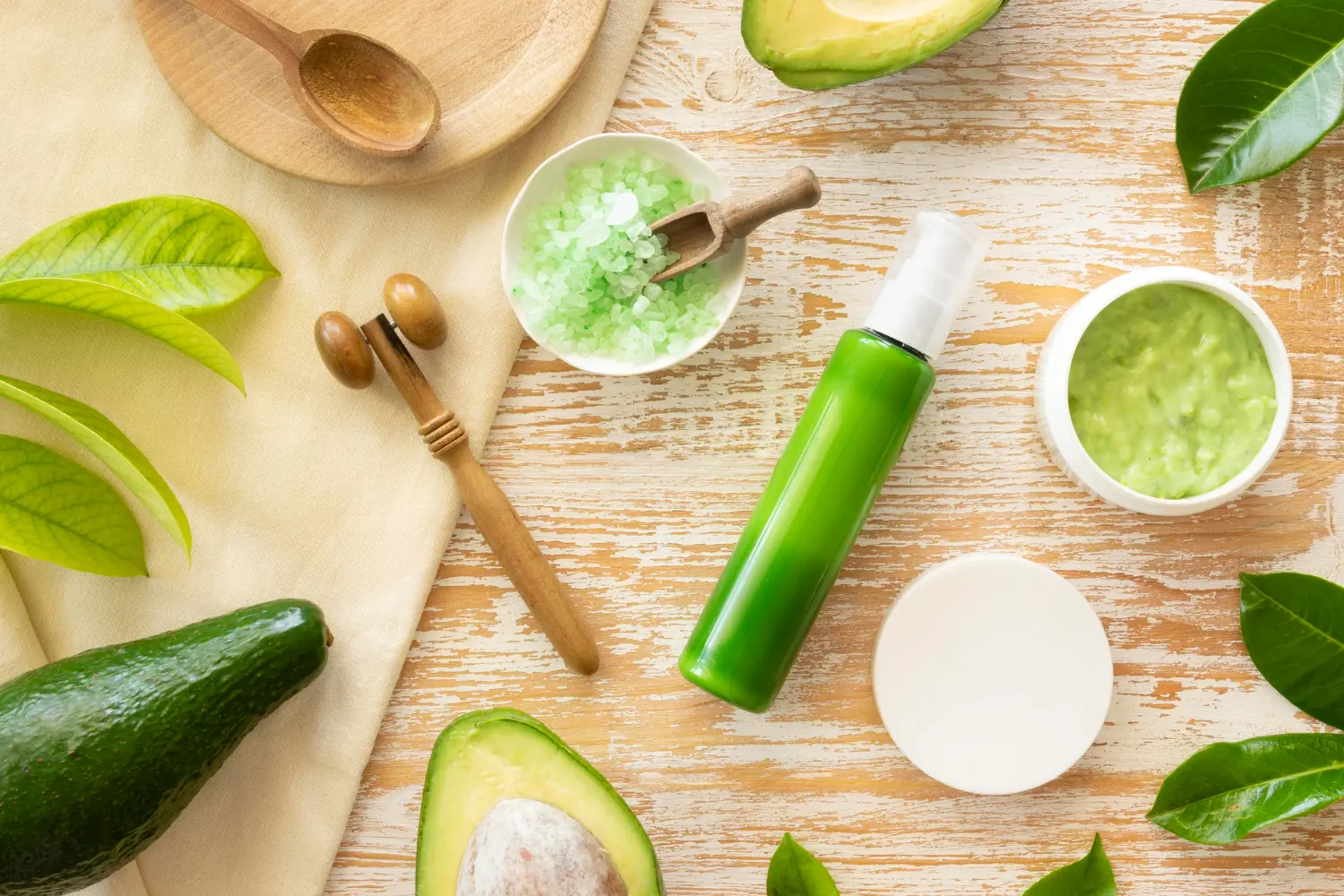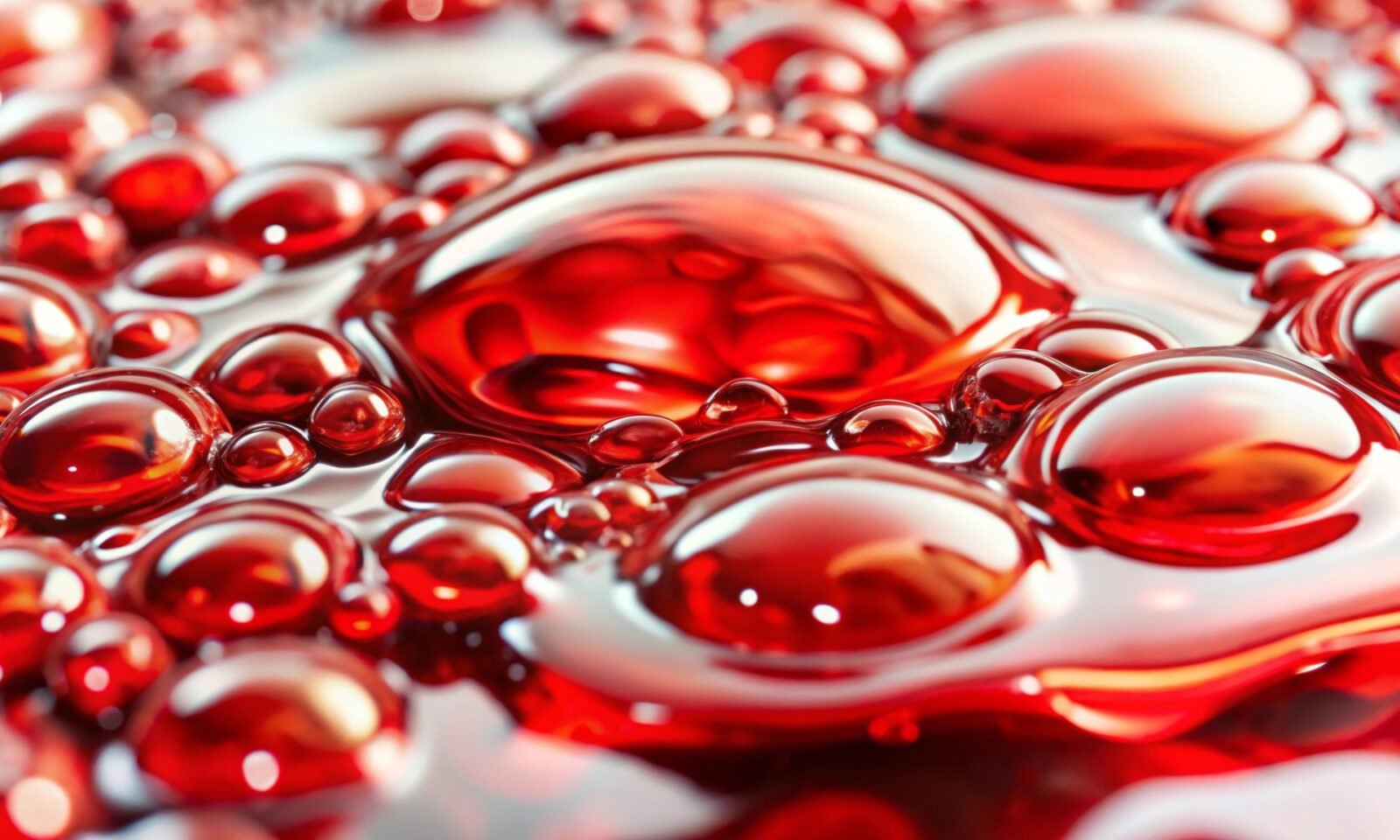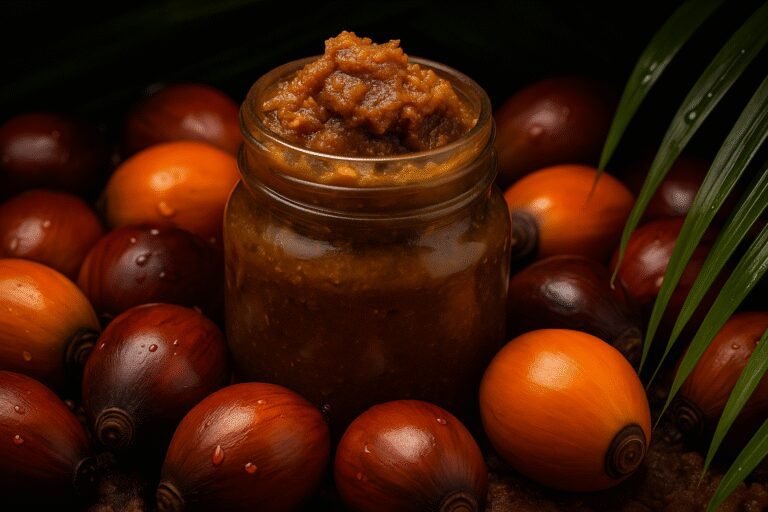The demand for vegan and sustainable formulations keeps growing across the cosmetic industry. Consumers no longer accept vague green claims. Instead, they expect transparency, cruelty-free standards, and eco-responsible sourcing. Consequently, chemists now replace traditional animal-derived materials with advanced plant-based and biotech alternatives. Moreover, innovation in this space creates opportunities for high-performance cosmetics that meet ethical standards without compromising efficacy.
Why Vegan and Sustainable Formulations Matter
Vegan cosmetics have moved from niche to mainstream. Furthermore, sustainability has become an inseparable pillar of product development. As a result, brands that ignore cruelty-free and environmentally conscious practices lose both consumers and retailers. In fact, ethical claims strongly influence purchase decisions (PubMed). Therefore, chemists must design formulas that combine efficacy, compliance, and sustainability from the start.
Key Challenges in Vegan Formulation
- Replacing Animal-Derived Actives – Chemists substitute collagen, keratin, and elastin with plant or microbial analogues. Moreover, they must prove that these alternatives perform as well or better than animal versions.
- Stability Concerns – Plant-derived proteins and extracts often degrade more quickly. Consequently, formulators use encapsulation and preservation to maintain performance.
- Consumer Skepticism – Many consumers doubt vegan formulations match conventional performance. Therefore, brands publish in vivo studies and clear claims to earn trust.
- Sourcing Transparency – Teams now verify raw material origin, ensuring ethical harvesting and sustainable processing. In addition, they maintain certification documents from COSMOS or the Vegan Society.
Breakthrough Innovations in Vegan Cosmetics
Biotech-Derived Collagen
Fermentation now produces collagen that mimics bovine and marine versions. Moreover, biotech collagen delivers comparable amino acid profiles and strong hydration (PMC).
Vegan PDRN
Traditional PDRN came from salmon DNA. However, biotech platforms now create vegan PDRN using microbial or plant systems. Consequently, chemists avoid ethical concerns while preserving regenerative efficacy.
Plant-Based Keratin Alternatives
Hydrolyzed wheat, rice, and quinoa proteins repair and strengthen hair like keratin. Furthermore, they fit clean-label and cruelty-free standards.
Algae-Derived Pigments
Microalgae such as spirulina provide natural pigments like phycocyanin and phycoerythrin. As a result, they deliver vibrant colors without insect-derived or synthetic dyes (PubMed).
Formulation Strategies for Sustainability
Sustainability extends beyond raw materials. Therefore, chemists apply system-wide strategies to lower impact:
- Adopt green chemistry principles to minimize waste and hazardous by-products.
- Use upcycled ingredients from food and agriculture. In addition, this approach reduces landfill waste while adding marketing value.
- Incorporate biodegradable carriers instead of microplastic beads and synthetic polymers.
- Develop waterless formulations that reduce packaging, shipping weight, and overall footprint.
Scientific Evidence
Research confirms the performance of vegan cosmetic actives. For example:
- Biotech collagen: Clinical trials show it improves hydration and elasticity (PubMed).
- Vegan PDRN: In vitro studies demonstrate fibroblast stimulation comparable to salmon-derived versions.
- Algae pigments: Studies highlight antioxidant and photoprotective properties in skincare (PubMed).
Explore Natural Alternatives in Your Formulations
Grand Ingredients supplies plant-based and biotech actives that meet both vegan and sustainable requirements. Explore our portfolio in the Active Product section and request samples to test in your lab. Moreover, our ingredients allow chemists to deliver cruelty-free results without losing efficacy.
Conclusion
Vegan and sustainable cosmetics now define modern formulation. Chemists replace animal-derived materials with biotech collagen, vegan PDRN, and plant proteins. Moreover, they adopt green chemistry and upcycling to align with eco-conscious expectations. As a result, cruelty-free and sustainable approaches no longer limit creativity — they drive innovation and define the future of cosmetic science.
FAQ: What are vegan cosmetics?
Vegan cosmetics exclude animal-derived ingredients such as collagen, keratin, and beeswax. Instead, formulators use plant-based or biotech actives that deliver equivalent performance.
FAQ: Why does sustainability matter in cosmetics?
Sustainability reduces environmental impact through biodegradable carriers, upcycling, and clean chemistry. Moreover, sustainable practices support compliance with regulations and consumer trust.
FAQ: Which vegan ingredients replace collagen and keratin?
Biotech collagen, rice protein, wheat protein, and quinoa protein serve as vegan-friendly substitutes. Consequently, they maintain strength and hydration benefits without relying on animals.
FAQ: How do chemists create sustainable products?
Chemists design sustainable products by using waterless systems, biodegradable carriers, and upcycled raw materials. Furthermore, these approaches reduce waste and strengthen eco-certification readiness.







